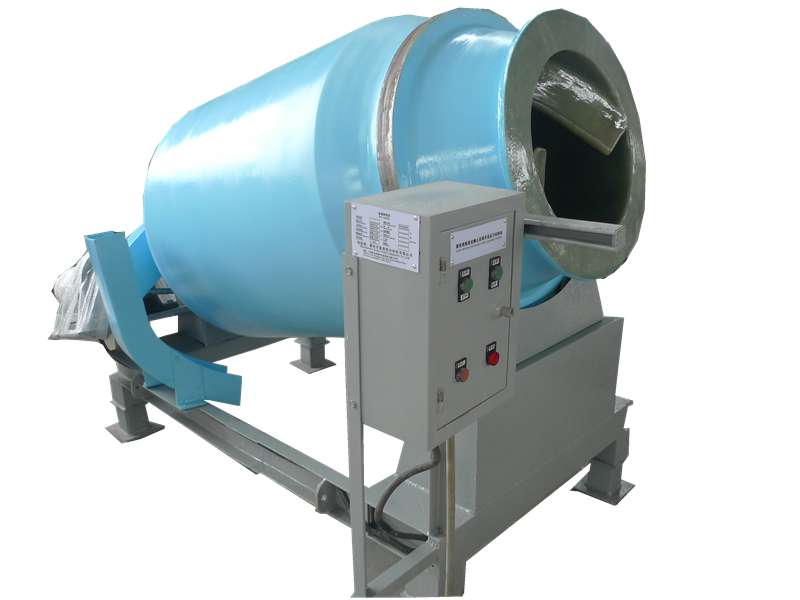
-
 Afrikaans
Afrikaans -
 Albanian
Albanian -
 Amharic
Amharic -
 Arabic
Arabic -
 Armenian
Armenian -
 Azerbaijani
Azerbaijani -
 Basque
Basque -
 Belarusian
Belarusian -
 Bengali
Bengali -
 Bosnian
Bosnian -
 Bulgarian
Bulgarian -
 Catalan
Catalan -
 Cebuano
Cebuano -
 China
China -
 China (Taiwan)
China (Taiwan) -
 Corsican
Corsican -
 Croatian
Croatian -
 Czech
Czech -
 Danish
Danish -
 Dutch
Dutch -
 English
English -
 Esperanto
Esperanto -
 Estonian
Estonian -
 Finnish
Finnish -
 French
French -
 Frisian
Frisian -
 Galician
Galician -
 Georgian
Georgian -
 German
German -
 Greek
Greek -
 Gujarati
Gujarati -
 Haitian Creole
Haitian Creole -
 hausa
hausa -
 hawaiian
hawaiian -
 Hebrew
Hebrew -
 Hindi
Hindi -
 Miao
Miao -
 Hungarian
Hungarian -
 Icelandic
Icelandic -
 igbo
igbo -
 Indonesian
Indonesian -
 irish
irish -
 Italian
Italian -
 Japanese
Japanese -
 Javanese
Javanese -
 Kannada
Kannada -
 kazakh
kazakh -
 Khmer
Khmer -
 Rwandese
Rwandese -
 Korean
Korean -
 Kurdish
Kurdish -
 Kyrgyz
Kyrgyz -
 Lao
Lao -
 Latin
Latin -
 Latvian
Latvian -
 Lithuanian
Lithuanian -
 Luxembourgish
Luxembourgish -
 Macedonian
Macedonian -
 Malgashi
Malgashi -
 Malay
Malay -
 Malayalam
Malayalam -
 Maltese
Maltese -
 Maori
Maori -
 Marathi
Marathi -
 Mongolian
Mongolian -
 Myanmar
Myanmar -
 Nepali
Nepali -
 Norwegian
Norwegian -
 Norwegian
Norwegian -
 Occitan
Occitan -
 Pashto
Pashto -
 Persian
Persian -
 Polish
Polish -
 Portuguese
Portuguese -
 Punjabi
Punjabi -
 Romanian
Romanian -
 Russian
Russian -
 Samoan
Samoan -
 Scottish Gaelic
Scottish Gaelic -
 Serbian
Serbian -
 Sesotho
Sesotho -
 Shona
Shona -
 Sindhi
Sindhi -
 Sinhala
Sinhala -
 Slovak
Slovak -
 Slovenian
Slovenian -
 Somali
Somali -
 Spanish
Spanish -
 Sundanese
Sundanese -
 Swahili
Swahili -
 Swedish
Swedish -
 Tagalog
Tagalog -
 Tajik
Tajik -
 Tamil
Tamil -
 Tatar
Tatar -
 Telugu
Telugu -
 Thai
Thai -
 Turkish
Turkish -
 Turkmen
Turkmen -
 Ukrainian
Ukrainian -
 Urdu
Urdu -
 Uighur
Uighur -
 Uzbek
Uzbek -
 Vietnamese
Vietnamese -
 Welsh
Welsh -
 Bantu
Bantu -
 Yiddish
Yiddish -
 Yoruba
Yoruba -
 Zulu
Zulu
fiberglass sewer pipe
Understanding Fiberglass Sewer Pipes A Modern Solution for Waste Management
In the field of construction and waste management, choosing the right material for sewer pipes is crucial. Among various options available, fiberglass sewer pipes have emerged as a modern solution that offers several advantages over traditional materials such as clay, concrete, and PVC. This article explores the benefits, applications, and installation considerations of fiberglass sewer pipes, highlighting why they are becoming increasingly popular in the industry.
What are Fiberglass Sewer Pipes?
Fiberglass sewer pipes are made from a combination of glass fibers and resin, which creates a strong, lightweight, and corrosion-resistant material. The unique composition of fiberglass allows it to withstand harsh environmental conditions, including varying temperatures and exposure to chemicals found in wastewater. This durability makes fiberglass pipes an attractive option for both residential and commercial sewer systems.
Advantages of Fiberglass Sewer Pipes
1. Corrosion Resistance One of the most significant advantages of fiberglass sewer pipes is their resistance to corrosion. Traditional materials like metal and concrete can deteriorate over time when exposed to aggressive chemicals typically found in sewage. Fiberglass, on the other hand, is impervious to these substances, ensuring a longer lifespan for the pipe.
2. Lightweight Fiberglass is considerably lighter than concrete or clay pipes. This characteristic not only reduces transportation costs but also simplifies the installation process, as fewer labor resources are needed to handle the material. A lighter pipe can also decrease the load on the supporting structures, contributing to a more efficient construction process.
3. Flexibility The inherent flexibility of fiberglass allows it to accommodate ground movement without cracking or breaking. This feature is particularly useful in regions prone to earthquakes or soil settlements, where traditional rigid pipes may fail.
4. Low Maintenance Once installed, fiberglass sewer pipes require minimal maintenance. Their smooth inner surface helps to prevent clogging and makes it easier for sewage to flow, reducing the need for frequent cleaning and maintenance.
fiberglass sewer pipe

5. Long Lifespan With proper installation and maintenance, fiberglass pipes can last upwards of 50 years, making them a long-term investment for any sewer system. Their durability means that they are less likely to need replacement, thus saving costs in the long run.
Applications of Fiberglass Sewer Pipes
Fiberglass sewer pipes are versatile and can be used in various applications, including
- Municipal Sewer Systems Many cities are adopting fiberglass pipes for their sewer infrastructure due to their strength and longevity. - Industrial Wastewater Management Factories and industrial sites often require robust waste management systems. Fiberglass pipes can handle the high volumes and corrosive materials typically found in these environments. - Residential Installations Homeowners and builders are increasingly opting for fiberglass sewer pipes in new constructions or renovations due to their many benefits.
Installation Considerations
While fiberglass sewer pipes offer many advantages, proper installation is key to maximizing their benefits. Here are some factors to consider during installation
- Site Preparation Ensure that the ground is properly graded and free of debris before installation. This preparation helps provide a solid foundation for the pipes. - Alignment and Assembly It is essential to carefully align and assemble the pipes to prevent potential leaks. Using proper techniques and following manufacturer guidelines will ensure a secure fit. - Backfilling When backfilling around the pipes, use appropriate materials to avoid damaging them. A well-compacted backfill can provide additional support and stability.
Conclusion
Fiberglass sewer pipes represent a modern innovation in the realm of waste management, boasting an array of benefits that make them a superior choice for both residential and commercial applications. With their corrosion resistance, lightweight nature, flexibility, low maintenance needs, and long lifespan, they address many of the challenges faced by traditional sewer pipes. As the construction industry continues to seek sustainable and efficient solutions, fiberglass sewer pipes are likely to play an increasingly important role in shaping the future of waste management infrastructure.









